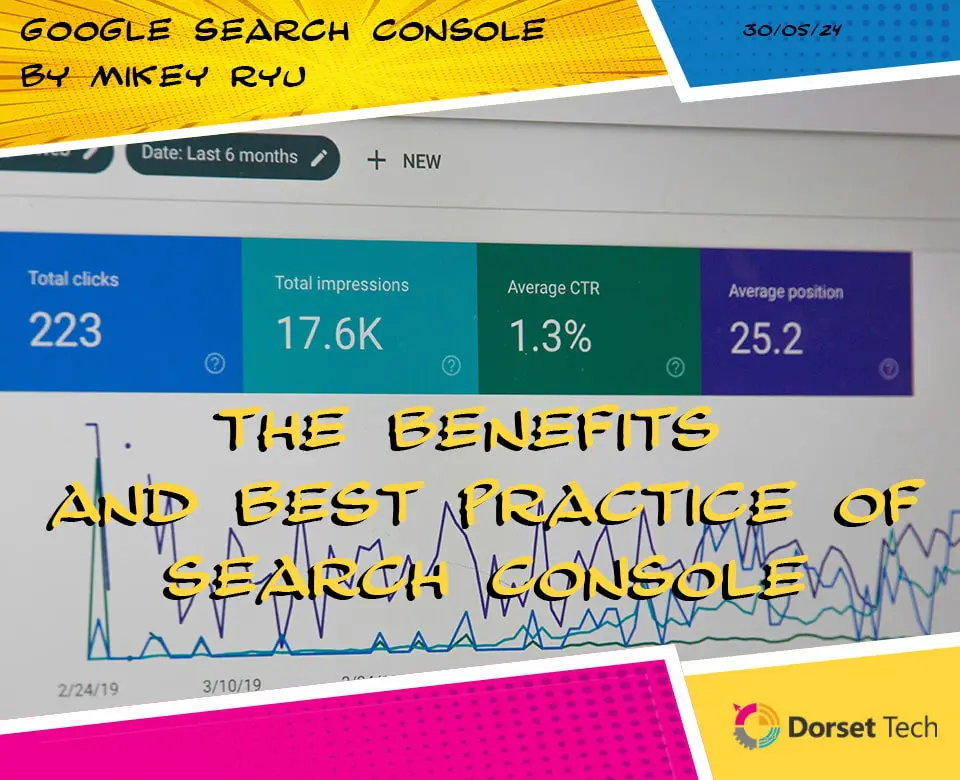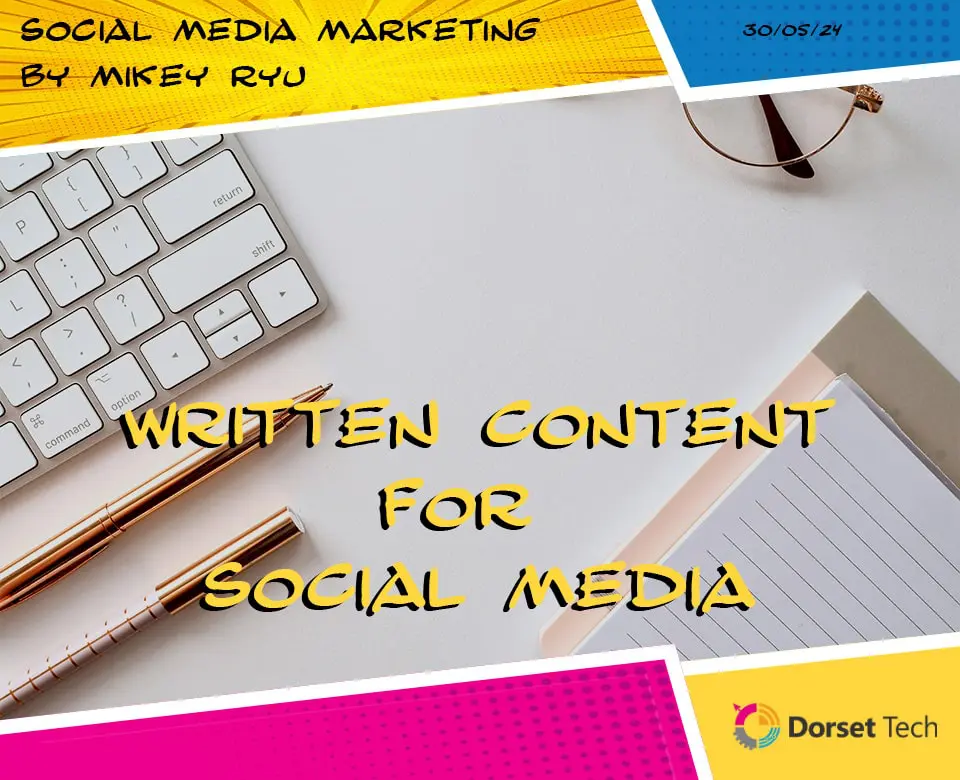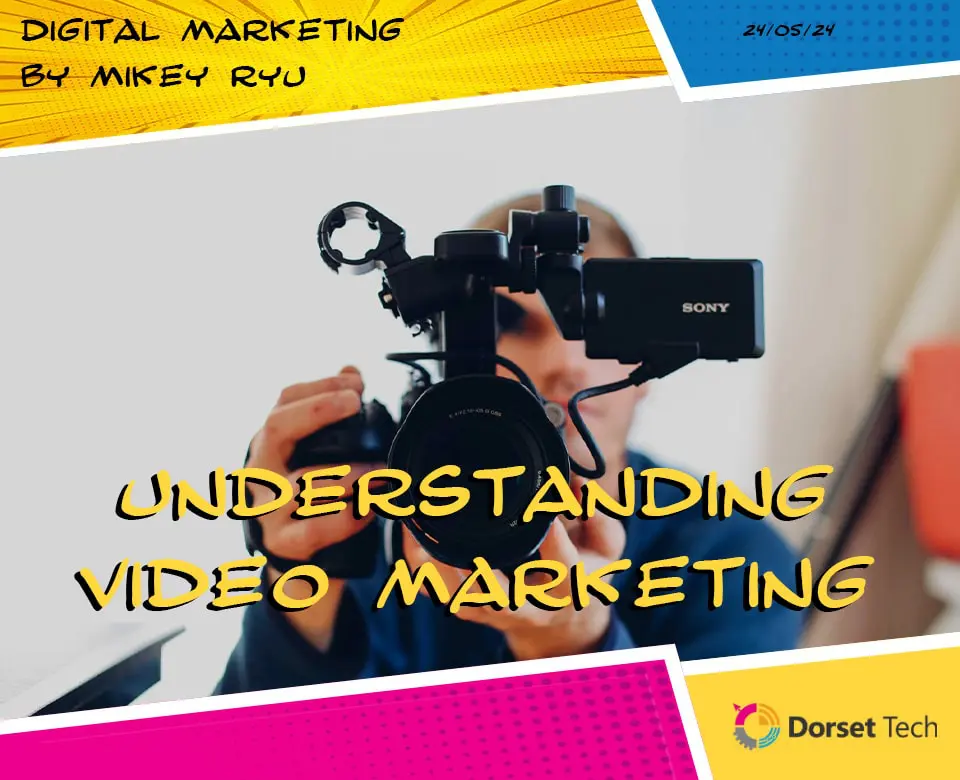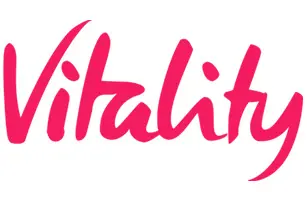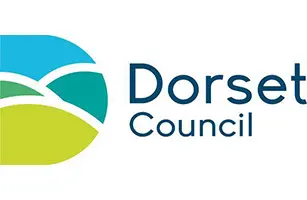
Social Media – Do you need to be on all of them?
We see so many businesses and clients that include links to their social media accounts that are outdated, have poor content or have accounts set up for every social media platform going and don’t know where to start. The number of social media platforms is ever-changing, ever-evolving with new ones popping up often. Now, with so many platforms out there on the ‘must-have’ list, the question is, do you need to be on every social media platform under the sun? No, the best social media platforms to use are the ones that are going to benefit your business. So let’s break it down a little bit.
Benefits of Social Media
- A Direct Connection To Your Audience – The great thing about social media now is that you have a direct link to your customers; you can reach them instantly with your new offers / services. More importantly your customers can reach you, meaning you can provide better customer service allowing you to resolve any issues that come your way, right away. Knowing your audience makes it easier for you to adapt your marketing strategies and creating valuable content to better meet your audiences needs.
- Building Brand Awareness – Millions of people worldwide use social media platforms, which is an excellent opportunity for businesses to reach a large pool of people. Posting regularly on your chosen platforms can boost your brand awareness and get more views, likes, shares and retweets. When posting content to your social media platforms, always make sure your brand values, and brand voice is consistent throughout.
- Generating Website Traffic – Think of your website as your virtual ‘shop window’; if people like what they see, they’re more likely to delve deeper into your site. But first, you need to make them aware you’re there! And this is where your social media comes in; this doesn’t mean you can bombard every social media platform with multiple posts saying ‘Check Out My Website’ as that will do more damage than good. Your social media should be your customers’ appetisers, snippets of your product / service that entice your customers to find out more, to check out your business profiles, then guide them to your website. Produce visually pleasing content, be clear in what you’re trying to achieve, with a positive attitude and demeanour which leads me to my next point.
- Humanising Your Brand – As humans, we like to connect, we appreciate honesty, and we’re big on trust. Which is why if your business only posts ‘sale pitches’ on your social media, you might not get a very high following. Be human! Talk about your product / service like you’re talking to a friend, so your customers feel welcome, build up a rapport with them, get to know them, find out what interests them about your business / brand. When you humanise your brand, you become approachable; you become relatable; you become trustworthy, you become a brand that people will love and share with others, and in return, you can create content that will cater perfectly to their needs and interests, it’s a win-win.
- Evaluating Your Performance – When you have a social media strategy, it’s easy to navigate between what you need to do to reach your goals and how you’re going to go about getting there. With social media platforms, you now have access to your insights; whether it’s from organic posting or through social media advertising, you can check how many likes or shares you have. You can even delve deeper into your audience, where they’re located, age ranges etc. From this, you will be able to see patterns, for example, what times of day / days of the week your audience interacts with your brand, whether people are more receptive to your video content, image content or written posts. From these patterns, you will be able to plan better as to when to post your content to reach your optimal audience, what content to provide them with and how close you are to reaching your goal.
- Competitive Analysis – We all know the saying ‘keep your friends close and your enemies closer’; in business, it’s always good to know who your competitors are and what they’re doing to drum up traffic to their websites, products or services. Their social media profiles will allow you to see what’s working for them, what content type they’re using, and therefore you can better your marketing strategies to improve traffic to your own business.
How to determine what social media platforms to use
Depending on your business type will determine what social media platforms you choose to use and which ones will benefit your business. So let’s make it a little easier for you:
- Determine your goals
- Find out which platforms your target audience is already using
- Decide on the type of content you have / want to create
- Then pair all of the above with the right platform(s)
For a social media ‘all-rounder’ having a Facebook Business page is a good starting point, with the benefits of paid advertising opportunities, a varied audience reach, a place to have all your company information regarding opening hours, contact details, and website links creates a trusted foundation for your target audience.
Suppose you’re looking to post company updates, tag other companies or customers in posts, sharing positive customer feedback, or responding to customer questions. In that case, you may find Twitter to be a handy tool in your arsenal.
For companies offering professional services, B2B and career-related networking, LinkedIn is your perfect match. For businesses that benefit from visual content, Instagram or Pinterest would be a great platform to use. If you’re a company that does videography, YouTube and Vimeo are your leading platforms. Youtube has a bigger audience and better SEO capabilities, but Vimeo is a community-driven platform with no pre-video ads.
So now you have a better understanding of the most popular platforms and their benefits, you will be able to focus on the ones that will benefit you and your business. Remember, you don’t need to overwhelm yourself by having too many social media platforms in your arsenal.


